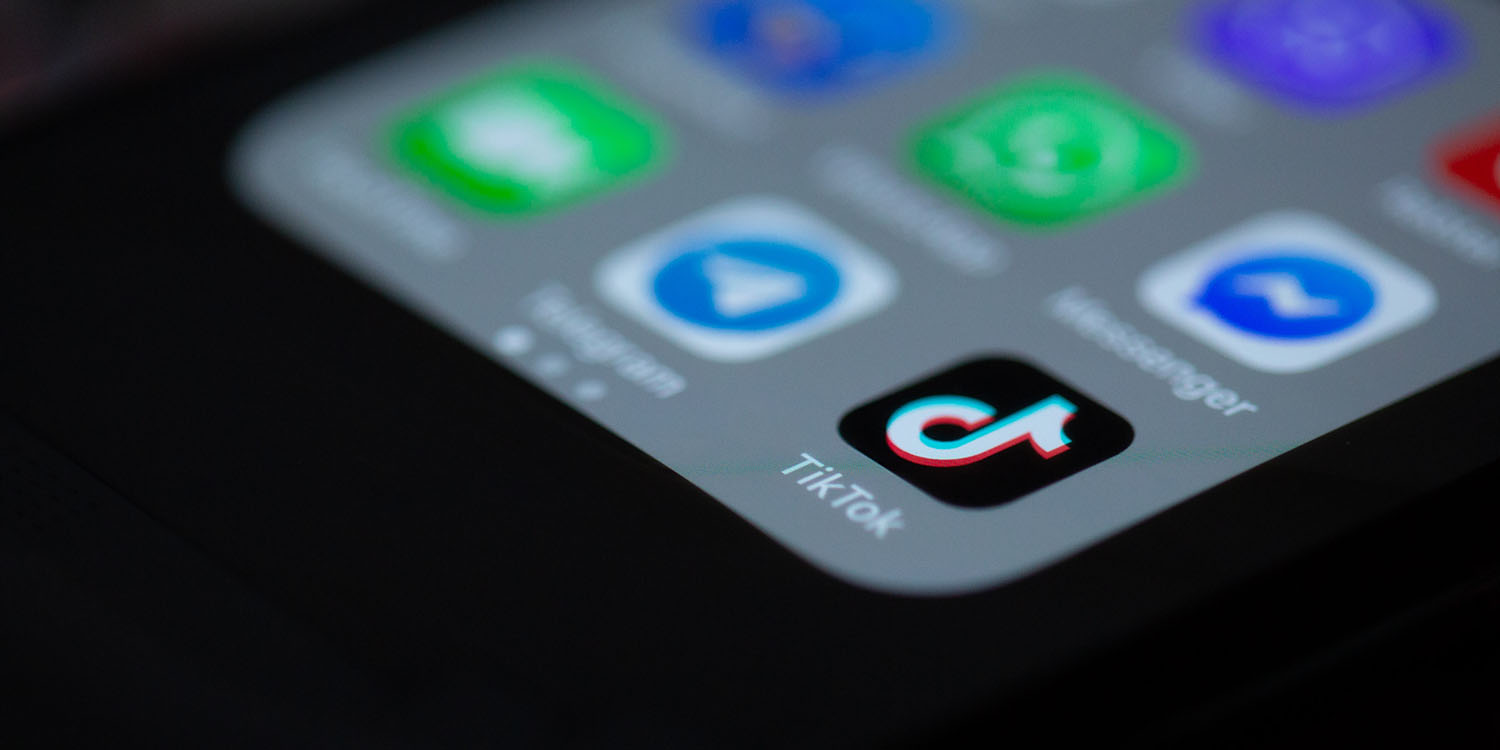
While we’re still waiting to hear whether a federal TikTok ban will be imposed, some 18 state attorneys general are backing Montana’s state-level ban on the short video app. The ban is due to take effect on January 1, 2024.
TikTok is seeking to overturn the ban on the basis that it violates the free speech rights of its video creators, granted by the First Amendment. The app is one of the most popular in the world, used by around a third of the US population …
The uncertainties of Montana’s TikTok ban
While the first talk of a federal TikTok ban goes back to the previous administration, Montana decided not to wait, enacting a state level ban back in May. The state claims that personal data of users could be accessed by the Chinese Communist Party.
However, while the bill was approved and signed into law by Governor Greg Gianforte, that was just one stage in what has turned into a rather uncertain process.
One reason for the uncertainty is: How would the ban be enforced? The law doesn’t make it illegal for state residents to use the app, only for TikTok owner Bytedance to permit them to do so. How Bytedance could stop Montana citizens from downloading and using the app is entirely unclear.
But a second reason is that Bytedance immediately challenged the law, claiming that it violates the First Amendment rights of its creators to free speech. A court is due to rule on that next month.
18 state attorneys general back Montana
Reuters reports that 18 state attorneys general have asked the court to rule in Montana’s favor.
A group of 18 state attorneys general said on Monday they backed Montana’s effort to ban Chinese-owned short video app TikTok, urging a U.S. judge to reject legal challenges ahead of the Jan. 1 effective date.
The state attorneys general led by Virginia and including Georgia, Alaska, Utah, Indiana, Nebraska, Indiana, Iowa, Kentucky and South Dakota said the suits from TikTok and users should be rejected “because TikTok intentionally engages in deceptive business practices which induce individuals to share sensitive personal information that can be easily accessed by the Chinese Communist Party and because TikTok’s platform harms children in Montana.”
TikTok tackling deep fakes and other AI content
On a separate note, TikTok is stepping up its efforts to address the problem created by deep fakes – realistic-looking video fakes on public figures speaking to camera. Some of these can be extremely convincing, and are becoming easier to create.
The company recently updated its policy to allow it to remove deep fakes, and to require creators to identify AI-generated content.
TechCrunch reports that TikTok is today making it easier to comply, with a new tool to let creators declare that content is AI-generated. The company is also testing tools to make it easier to detect unlabeled AI content.
Photo: Solen Feyissa/Unsplash
FTC: We use income earning auto affiliate links. More.




Comments